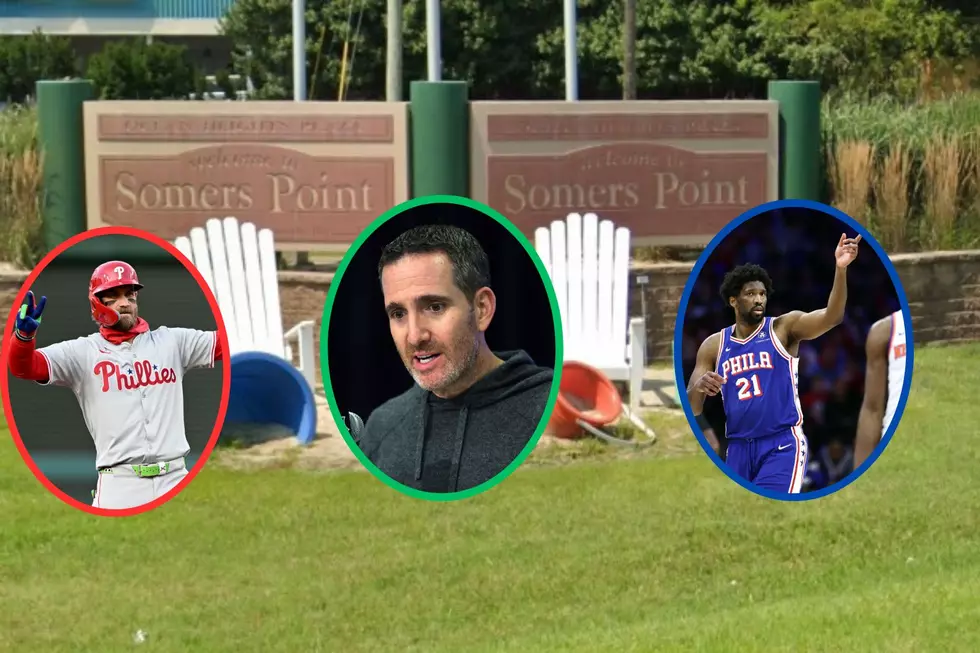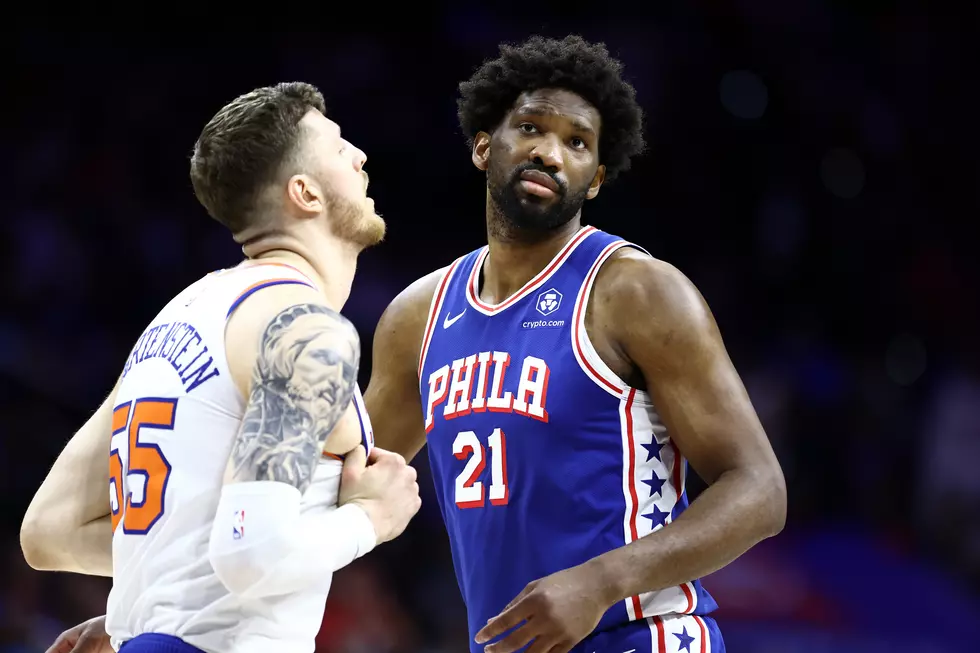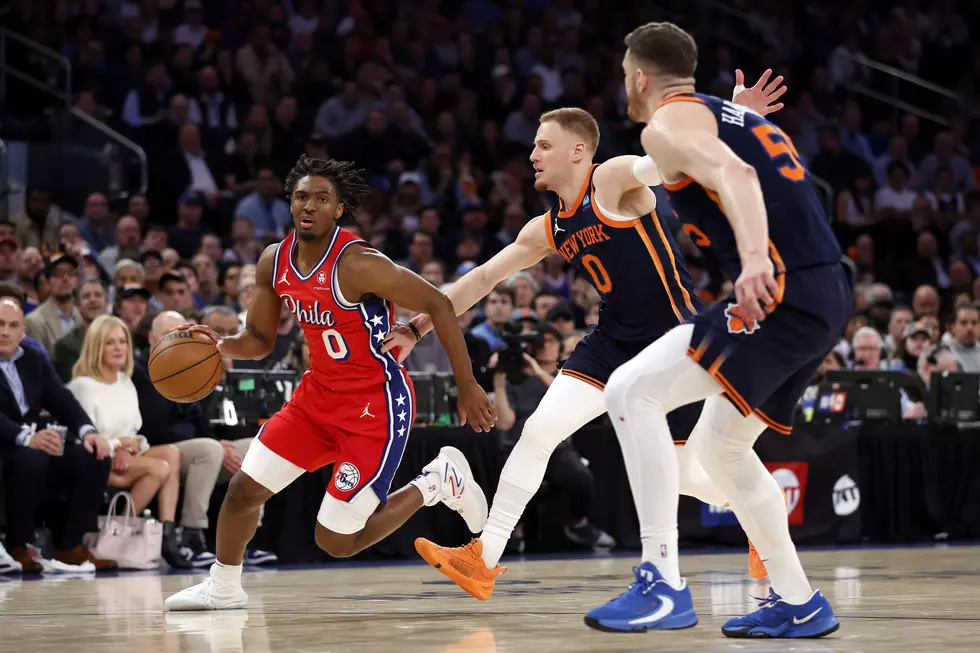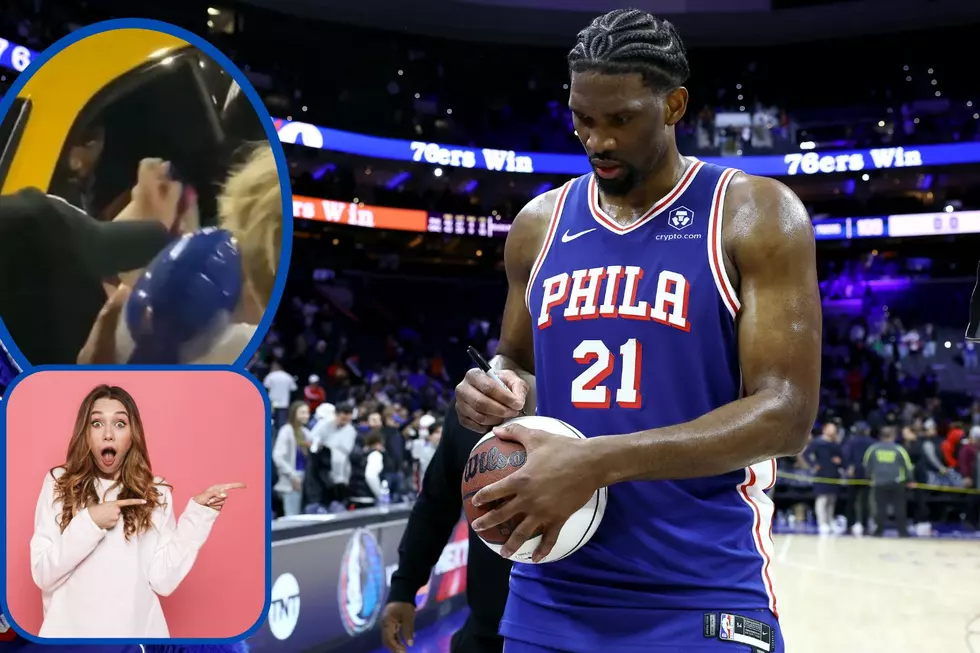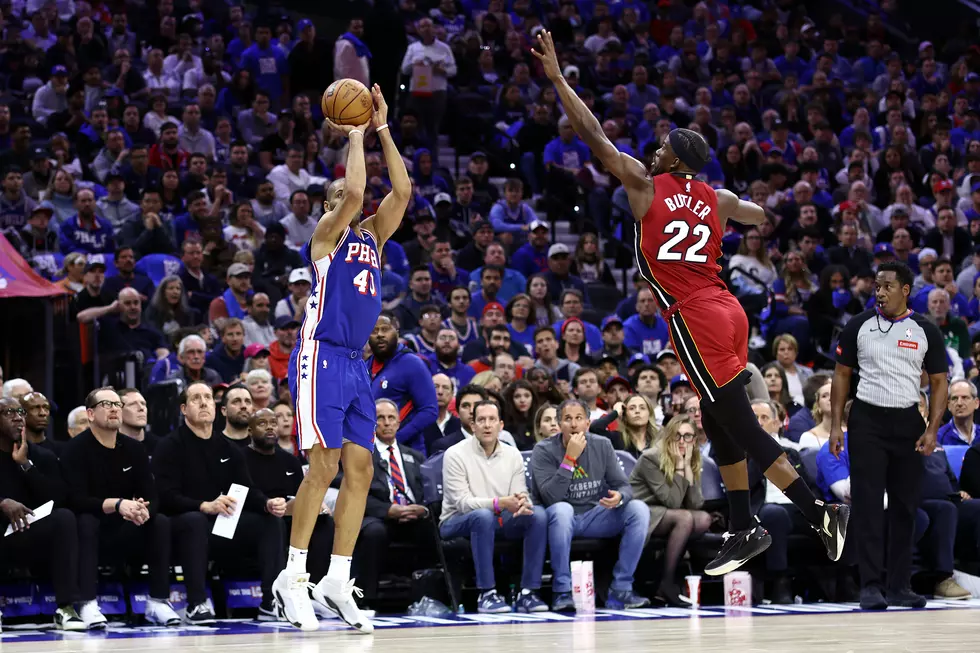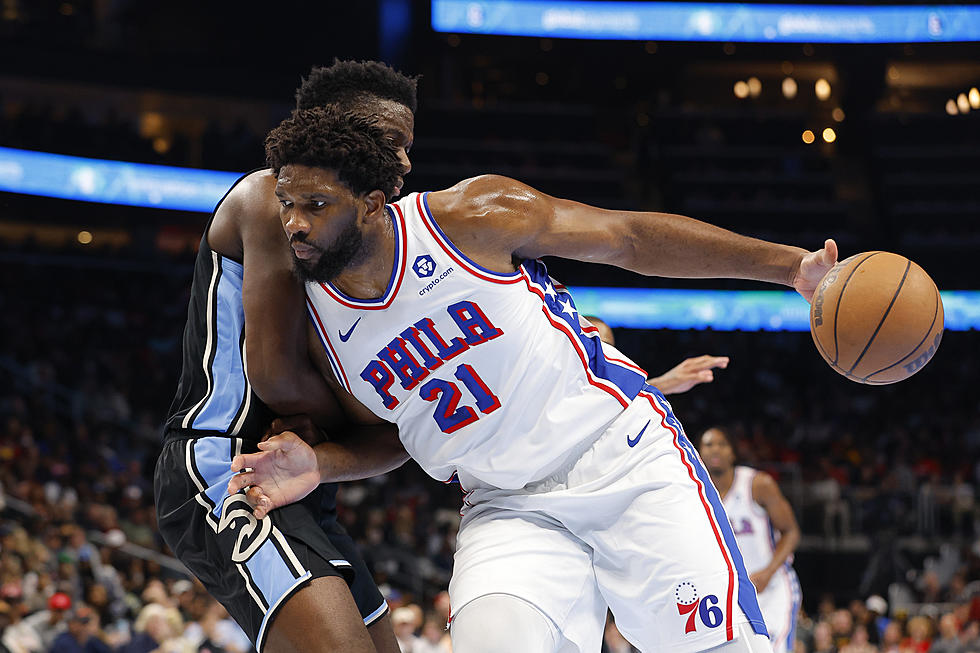
Balanced game from Embiid powers Sixers to IST victory over Hawks: Likes and dislikes
The Sixers (8-3) visited the Atlanta Hawks (6-5) for an In-Season Tournament game on Friday. Philadelphia wanted to snap a two-game losing streak. Atlanta wanted to claim its second In-Season Tournament victory. A great floor game from Joel Embiid and a great fourth quarter from Tobias Harris powered the Sixers to victory, 126-116.
Before we get to what I saw, some notes.
Contextual Notes
The Sixers were without Nico Batum due to personal reasons. Kelly Oubre Jr. has a fractured rib and was out.
Terquavion Smith, Javonte Smart, and Ricky Council IV are on two-way G-League assignments with the Delaware Blue Coats and were not available.
Nick Nurse started Tyrese Maxey, De'Anthony Melton, Robert Covington, Harris, and Embiid.
The Hawks were without Kobe Bufkin, who has a fractured left thumb.
Mouhamed Gueye was out with a stress fracture in his low right back.
Seth Lundy and Miles Norris are on two-way assignments with Atlanta's G-League affiliate and were not available.
Quin Snyder started Trae Young, Dejounte Murray, Jalen Johnson, De'Andre Hunter, and Clint Capela.
Likes
- One of the more fascinating things to watch this season is the set that the Sixers decide to spam at the start of the game. We've seen a ton of empty-corner pick-and-roll, especially on the left side of the floor. Flex offense has also been a featured system at tip-off from time to time. Friday's menu was a mash-up - flex offense out of Horns formation.
With Philadelphia stationing Embiid and Covington just above the elbows, the setup basically gave them a two-pronged approach. They could enter the ball to Embiid in the post around his sweet spot, giving him the option to call his own number or find open teammates.
Embiid was a little bit jumper happy in the first quarter, but he never lost the plot. He backed Capela and other Hawks down a number of times, playing with an unmatchable degree of force to get to the basket and basically guarantee baskets.
Embiid didn't let what worked for him individually dictate the entire body of work for Philadelphia's offense, though. He directed traffic with the ball in his hands, encouraging teammates to cut through and screen for each other around the block to create favorable mismatches down low against Atlanta's switching defense.
His view of the floor - not just pulling his own strings, but engaging his four teammates, as well - generated a level of movement that Philadelphia didn't exhibit in the losses to Indiana and Boston. The Sixers were screening, cutting, filling, and relocating all over the floor, making things complex for an already perpetually blah Atlanta defense.
That's the way they should be playing all the time, because that's how they're going to have to win when teams refuse to let Embiid beat them in the postseason. It's Embiid's responsibility to have a feel for when the ball is starting to stick and lead Philadelphia away from danger. But, it's also on his teammates to make themselves available for passes, particularly in his line of vision.
As this game went on, the ebbs and flows were basically dictated by the Sixers making a conscious effort to keep the ball moving. The Sixers started to put this thing away when Embiid began to see the game differently. Rather than being the hub of the offense, parking himself at one spot and functioning as the command center, Embiid realized he could make decisions as a connector.
It wasn't enough just to break predictability by mixing in a passing game with a scoring game. Embiid decided to diversify his passing game by catching the ball in the middle of the floor and plugging the puzzle pieces on the second side as they moved through unoccupied spaces.
Suddenly, Philadelphia was getting a healthy diet of catch-and-shoot threes and shots at the rim - a perfectly efficient model of offense - to pull away from Atlanta.
- Some peaks and troughs were inevitable as Maxey navigates being a lead guard for the first time in his career. Right now, his struggle is deciding when to be aggressive as a scorer. He was basically a passenger in Embiid's vehicle in the first quarter. It took his team getting out to a bad start to the second quarter with Embiid on the bench for Maxey to finally assert himself, and that was when he took off.
Most notably, Maxey started to let it fly from beyond the arc. He stopped trying to probe and push downhill into traffic and started just reacting to what he saw. If the driving lane was walled off and he had ways to create space on the perimeter, he let it fly from beyond the arc. If a loose ball found him, it was an easy catch-and-shoot opportunity.
He didn't neglect his driving game, though. Maxey just went to it at the right times. If he had the inside angle or an unqualified defender on him, Maxey made them step into his space before turning on the burners.
His teammates match his energy. Once they saw him cooking, they loosened up, too. Suddenly, the non-Embiid minutes were out of the danger zone.
- Harris usually doesn't get enough recognition in this column, so Friday was his night. He was awesome all night long, but Harris really stepped up in the fourth quarter. Embiid and Maxey played the entire third quarter, so Nurse went to Harris to lead the charge at the start of the fourth quarter while his two star teammates rested. He quickly set the tone for what could've been a dicey situation, Harris knocking down a short baseline jumper and earning the foul for a three-point play. He scored 12 of his 29 points in the final frame, putting the Sixers well in control before Embiid and Maxey returned to the floor.
Partially related but mostly a side note - the numbers really support the eye test for Harris. He's been fabulous in the paint this season, enjoying a career-best campaign in accuracy at the rim. That confidence up close has helped him serve as a beacon of stability for Philadelphia's offense, Harris scoring at least 15 points in every game this season.
- Awesome stuff from Jaden Springer on Friday. He played 15:45 straight in the second half, subbing in with 3:45 to play in the third quarter and playing the entire final frame. Springer looked markedly different from even just Wednesday's game, the former first-round pick not rushing things as he was against the Celtics just 48 hours earlier.
He was surely aided by Atlanta's uninspiring defense, but Springer has a very good eye for when to cut into space for someone who doesn't have really any experience at this level yet.
It's disappointing that he doesn't have a natural feel on offense, because that dude is an incredibly adept finisher through contact. He's built for football, and that body type helps him absorb fouls at the rim instead of just going down in a pile when he gets hit. That's an incredibly valuable quality to have as a skilled off-ball cutter.
Dislikes
- It's already a disadvantage for Marcus Morris Sr. that he looks like he's got nothing left in the tank. Combine that with the fact that his awareness is quite bad for a veteran, and the end of the line might not be far away.
In a very short first-half stint, Morris directed Danuel House Jr. to leave the paint when Philadelphia was defending a baseline out-of-bounds play. His directions opened the cutting lane for Wesley Matthews, who flashed right in front of Morris' eyes to make himself available at the rim. The lack of awareness and bad defensive positioning forced Morris to give an emergency foul, sending Matthews to the charity stripe. Oy.
- I'm not sure Maxey realizes that his obsession with making every right play actually causes him to make the wrong plays. He's so concerned with feeding Embiid, taking care of the ball, getting his other teammates involved, and putting pressure on the rim that he forgets that he is the second best player on the team. His place among the hierarchy is such that him calling his own number often is the best play.
There's picking and choosing your spots to be aggressive for your own scores, and then there's lagging in your recognition of when your team needs you to be aggressive and asserting yourself only when things are already getting a little tight.
All I'm asking is that Maxey establish himself from the jump. The day he realizes that him taking a 25-footer early in the clock is a good shot for his team is probably the day that Maxey starts to consistently be aggressive from the moment the game begins.
The Sixers (9-3) will visit the Brooklyn Nets (6-6) on Sunday. Tip-off is scheduled for 3 p.m., Eastern time. You can catch the game on NBC Sports Philadelphia.
Where to watch Eagles Games in Atlantic and Cape May Counties
Gallery Credit: Josh Hennig/Townsquare Media
More From 97.3 ESPN

